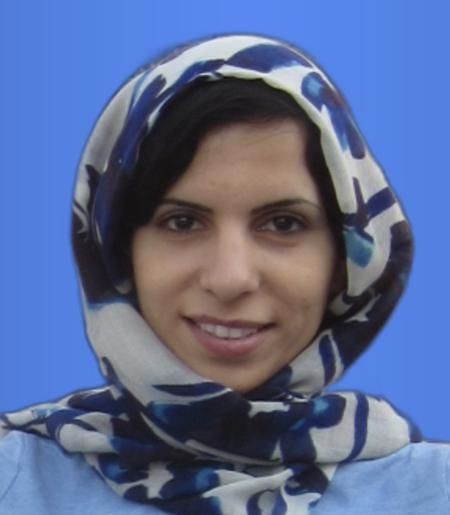
BME7900 Seminar Series – Madineh Sedigh-Sarvestani
We welcome our next speaker in our seminar series, Dr. Madineh Sedigh-Sarvestani from the Department of Neurobiology and Behavior here at Cornell. Dr. Sedigh-Sarvestani is also a BME Graduate Field candidate.
Using the Body to Understand Sensory Processing in the Brain
Abstract: Advances in neuro-imaging methods have allowed neuroscientists to uncover enigmatic mathematical structures in sensory circuits of the brain, for instance smooth mapping of spatial location and edge orientation in primary visual cortex. However, not all species exhibit similar organization in analogous brain regions, pointing to a need for cross-species comparisons in the search for universal principles of neural organization. Using tree shrews, a non-typical animal model, I discovered a complex organization of spatial location in secondary visual cortex. I’ll discuss these findings and how they help unify seemingly conflicting structures in the visual system of rodents and primates, especially when we consider their visual experience. In the second part of the talk, I’ll discuss my lab’s ongoing efforts to understand how the structure of sensorimotor circuits is shaped by the structure of sensorimotor experience, which is significantly constrained by bodily movements. These efforts require an embedded approach to the study of neural circuits, one that considers how brains and bodies work together to serve an animal’s specific needs.
Bio: Madineh Sedigh-Sarvestani is an Assistant Professor in the department of Neurobiology and Behavior at Cornell, and an HHMI Freeman Hrabowski Scholar. She received her PhD in Engineering Science from the Center for Neural Engineering at Penn State, with a focus on using various bodily signals to predict epileptic seizure onset. Her post-doctoral work at UPenn and the Max Planck Institute in Florida focused on signal processing in the visual system of diverse species. Her lab at Cornell uses an embodied approach to understand neural circuits. Using advances in miniaturized wearable sensor technology, the lab’s research program aims to understand how the unique brains and bodies of diverse species work together to meet their behavioral demands.